The proposed Magħtab waste-to-energy plant will produce lower emissions compared to a situation in which waste will continue being dumped at Magħtab, Environment Minister Jose Herrera told The Malta Independent on Sunday, but also pointed out that local residents have not yet been consulted.
Minister Herrera recently announced plans to build a 5,000 square metre waste-to-energy facility in Magħtab that will be up and running by 2023 - an announcement that raised certain concerns as to how such a plant would affect local residents.
This newspaper asked the Minister about emissions, given that one of the concerns raised by the committee that was charged with preparing a position paper on the plant was the effect of emissions.
"The Public-Private-Partnership call for offers that will be issued will be to design, finance and build, so obviously the specifications on emissions will be there and taken into consideration. The more efficacious a plant is when it comes to controlling emissions, the better it will be considered.
"The technology has improved a lot over the past decade when it comes to the capturing of emissions. There were incinerators back in the 1970s and 80s, but there wasn't a climate change or emissions issue and so the technology was aimed more at the efficiency of producing energy. Today, things have changed and there is an emphasis on capturing emissions. The expert who was chosen by JASPERS (Joint Assistance to Support Projects in European Regions) - a technical assistance partnership between the European Commission, the European Investment Bank (EIB) and The European Bank for Reconstruction and Development (EBRD) - said that around 30-40 per cent of the cost of this construction relates to the containment of emissions.
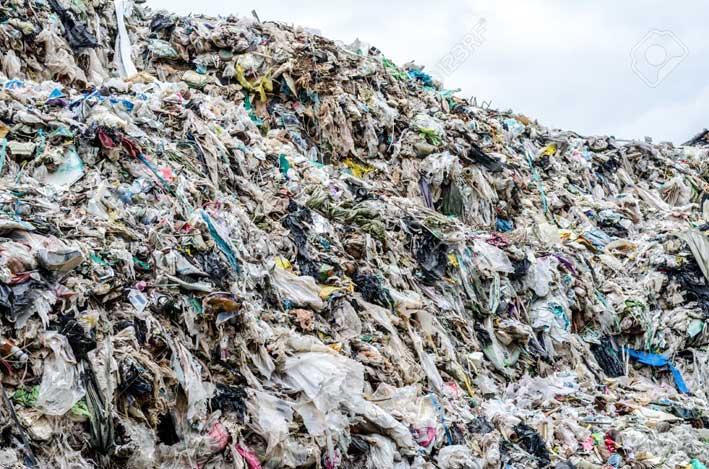
There are European standards and they will definitely come into play, the Minister said, adding that "this plant will reduce emissions.
"When you have a landfill, there is organic material, which produces methane and other noxious gasses when it starts biodegrading... so we have gasses going into the air due to the landfill. I'm not saying there won't be any emissions - that would be a lie - but much fewer than there currently is. It will improve the emissions situation and reduce the smell."
"To completely exclude emissions, one would need to build some avant-garde, experimental plant using a thermal system, or pyronics."
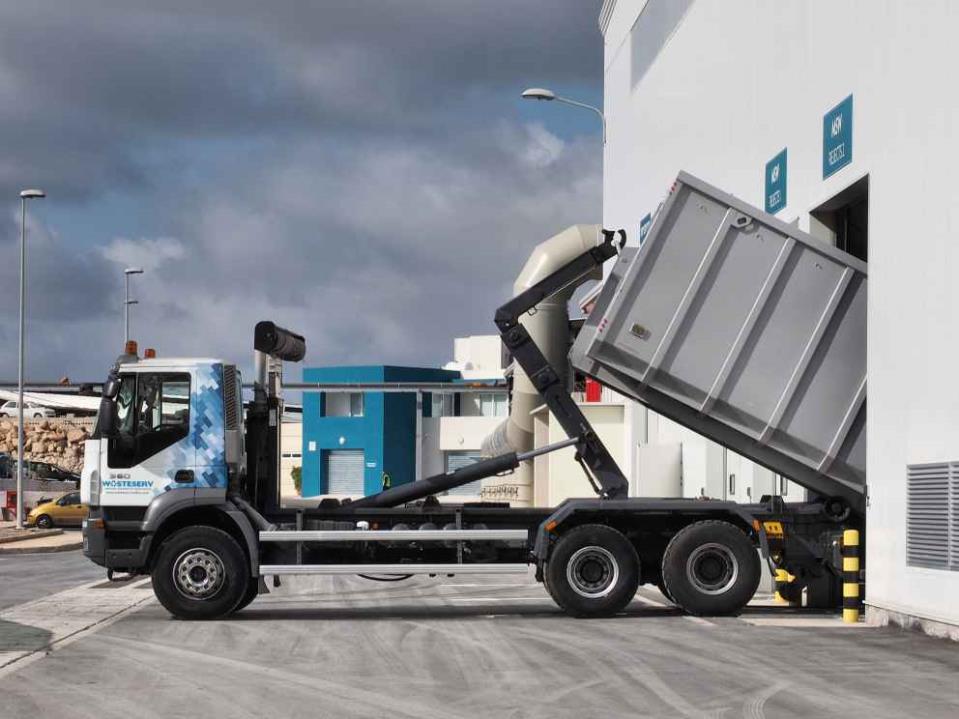
"Will I take advice for further analysis regarding emissions? Yes - and it will be part of the next phase."
The Minister stressed that the focus on recycling will remain, and mentioned two up-coming bills that will relate to that. In addition, the private organic recycling waste collection project will be extended nationwide in September.
How much waste will the proposed plant be able to take and how will this affect Malta's current waste problems?
Around 120,000 tonnes of waste will be fed into the plant, which is equivalent to around 40 per cent of the overall waste in the country. The waste fed into the incinerator will be non-recyclable.
We have EU waste-related targets for 2020 and 2030, which were agreed upon by all EU countries. We are doing our best to reach these targets but they are not easy. We need to take decisions to reach these targets and the incinerator was the first decision.
What were our options? There were two reports commissioned - one in 2008 and one in 2014 - and both came to the same conclusions. We involved JASPERS and I also appointed a committee of experts and NGOs, inviting the Opposition to join, but they did not. The Committee's advice was unanimous: that we need to have a waste-to-energy plant. What was the alternative? The alternative is reclaiming more virgin land to transform into a landfill. That is unacceptable for a number of reasons. The first one is because, according to the EU, landfills need to be downsized. The second is that they emit methane and other gasses that have negative effects on the climate.
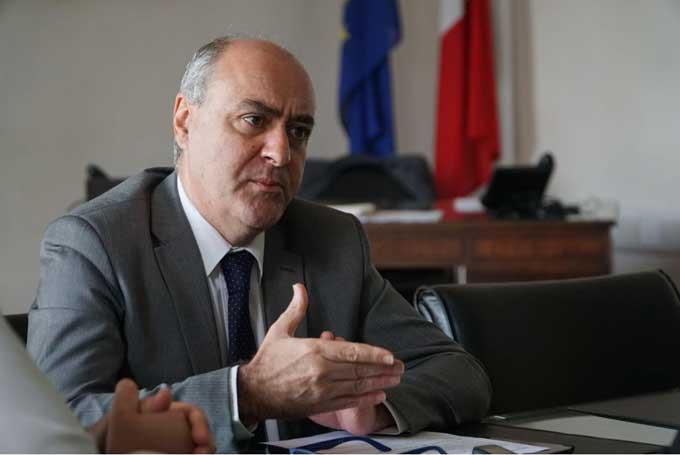
"There was a study on the possibility of exportation, but this would cost between €80-90 million a year, which is unsustainable not only financially, but also because a country should not be dependent upon the exportation of waste. As an example, we export plastics - but when China decided to close its doors to the importation of plastics from Europe, we found ourselves in dire straits. We have now resolved the problem, but what will happen if the time comes when we are trying to export and cannot?"
You mentioned that the waste used will be non-recyclable, that means plastics will not be used...
Plastics should be regarded as a resource, not waste. But if it is not separated at source, plastic gets wet and dirty. When that happens, it is no longer recyclable, and is regarded as RDF (refuse derived waste). The only thing you can do with RDF is dump it in a landfill or use it in an incinerator. Not all plastic can be recycled which is why one must compliment this reform with the right circular economy legal framework.
Why was there no public consultation on this?
We are running out of space and time. With the present rate of dumping, the landfill can only accumulate more waste for a maximum of two years if we do nothing. There has been informal consultation: I have met experts, various potential investors, NGOs and politicians from all sides of the political sphere over the past two years.
What about residents associations, like the one set up in Magħtab?
I didn't speak to the residents' association as I did not know where the plant was to be placed. I left it up to the committee to decide. They came up with a number of conclusions as to why they chose Magħtab.
It is very difficult to find a completely isolated location and the only such places are Natura 2000 sites, certain patches of virgin countryside and a few parks. Those are unacceptable, so they preferred degraded land. The experts also said that the plant should be built near the sea due to the cooling system. Magħtab is the ideal location as the infrastructure is in place, and it is already a place of containment for refuse. Building a plant elsewhere would also mean taking up an area to store waste.
Residents of the area are currently suffering an inconvenience, but this will be greatly mitigated - to the extent that there are similar plants built in cities such as Monaco.
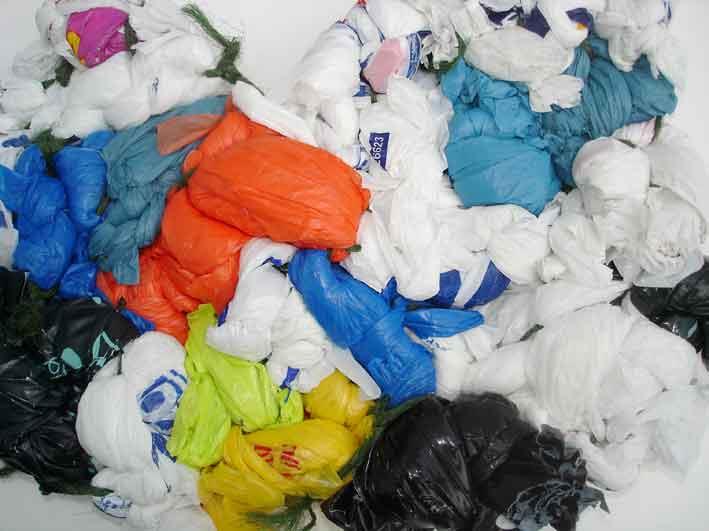
Will you hold a discussion with the residents at some point?
I will.
With regard to design, can we expect a Delimara-sized chimney or something similar?
I have met dozens of potential investors and some of the designs they showed me are almost state-of-the-art. I've seen designs that are almost like monuments - so there are aesthetically pleasing designs. Obviously, the more aesthetically pleasing a design is, the more it comes at a cost and so one has to balance things out. We will take the design into consideration.
Magħtab is seen from Mdina, and the view from Mdina is one of the most treasured attractions...
I did ask about this and there are various kinds. Some are pleasing to the eye - smaller chimneys, designed like sports centres, palaces, architecturally pleasing and some have long chimneys.
Obviously the aesthetics aspect should and will be taken into consideration. The efficiency, in terms of how much electricity it will generate, will be the first thing taken into consideration, apart from safety. Experts say we should hope to produce around 69,000 Mwh of energy. So between a beautiful plant producing 40,000 Mwh and a less beautiful one producing 70,000Mwh I will go for the 70,000 Mwh. Efficiency is the primary consideration, but the aesthetics will be the second.
It's not going to be a 1970s incinerator looking like a dump with huge chimneys. Even if it is the cheapest on the planet, it would never be chosen as it is not somewhere hidden-away. Magħtab itself is ugly but the surrounding area is very beautiful.
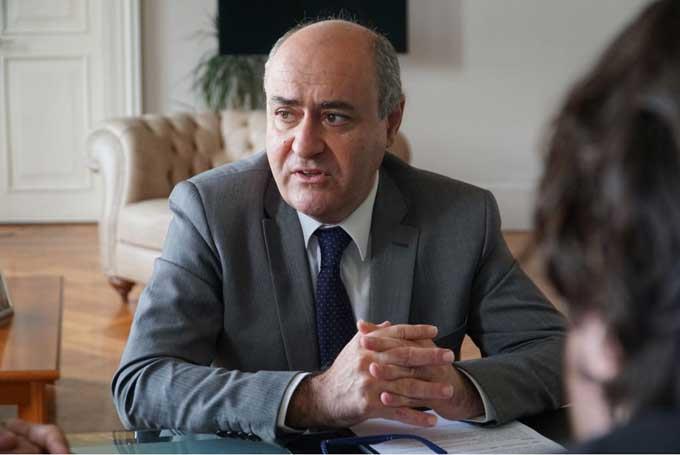
What about smoke?
We are very lucky to be doing this in 2018. It will mostly be steam and white smoke. Since Malta is warm, even white smoke won't be that bad. The inconvenience in Magħtab at present is much worse: if I were living there I would appreciate this. The people there already have a problem. I won't be removing the problem, but I will be mitigating it, so they will be better off than they were. Obviously, ideally nobody would suffer any inconvenience, but what can you do?
For full interview click here and here